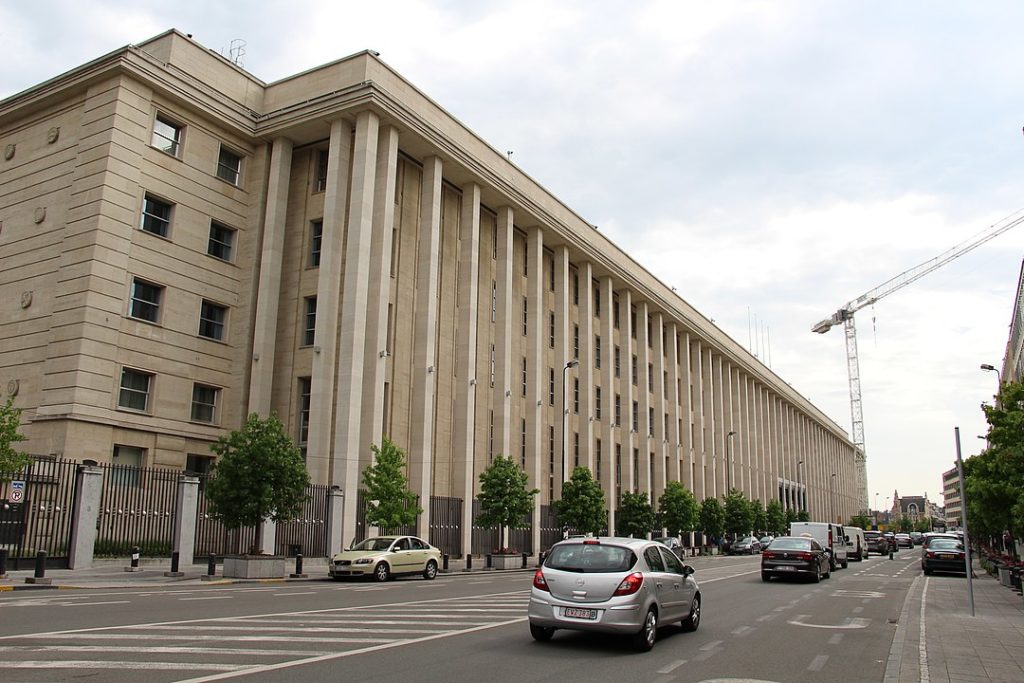Belgium’s budget deficit is now more than €30 billion, or 7% of GDP, according to De Tijd, reporting sources close to the National Bank.
The main reason for the explosion of the deficit is the coronavirus outbreak, which has led not only to a drastic slowdown of economic activity, but has also brought in its wake government spending on compensatory measures.
According to one count, more than half of the working population of the country – some three million people – are now being paid from government funds. That includes more than one million in temporary unemployment whose workplaces have been forced to close.
Those people come on top of 391,000 unemployed people whose status is not a result of the epidemic, 843,000 civil servants and 647,000 people employed in the healthcare sector.
The shock of the virus epidemic means the previous forecast of an increase in the deficit would amount to three percentage points, the view now is that is more likely to be five points. Prior to the outbreak of the epidemic, the deficit for this year was on course to be 2% of GDP. The forecast now is 7%.
But rescue measures, such as an increase in the benefit paid for temporary unemployment, will only amount to 0.6% of GDP, or €2.9 billion – €1.8 billion for the federal government and social security, and €1.1 billion for the regions.
Other measures, such as the decision to defer tax payments, have no implications for income loss, since that money will eventually be paid. The same thing applies to the guarantee fund announced by the government to cover credit to business. The only losses will come if the loans thus covered are defaulted on. And even then, the banking sector is liable for the first tranche of losses, up to 3% of the capital loaned out. And the second tranche, from 3% to 5%, is shared 50-50 between the financial sector and the government.
The major effect will simply be the impact of the recession caused by the epidemic on the public finances. Outgoings stay the same or increase while income, in the form of taxation, is depressed.
According to a study published this week by the employers’ organisations FEB and Voka, every week the country remains in lockdown, the country loses 0.5% of economic growth, and that figure could increase as time goes on.
Alan Hope
The Brussels Times

